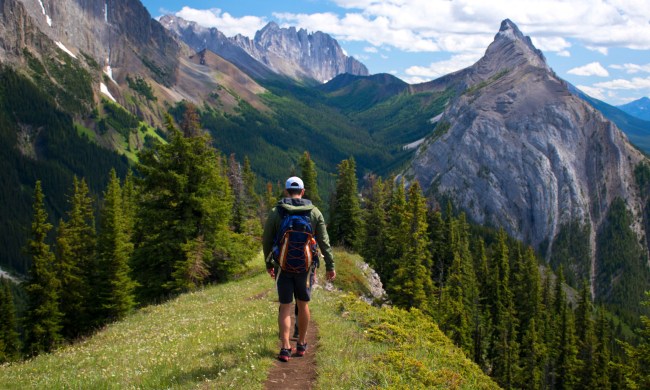Over the last few years, the pandemic inspired (some might say forced) many of us to discover new hobbies and passions. Some found an unexpected desire to learn the secrets of how to make sourdough bread. Others took to Zoom happy hours to get their daily social fix. Still others spent weeks riveted to the bizarre exploits of an exotic cat owner from Oklahoma (and all the me-too follow-up shows on Netflix and beyond).
But, many more of us took the time to get back to nature — the healthiest, most social-distancing-friendly pastime of all. If you count yourself among this group, and are curious to learn more about the world around you, these are the best nature apps to help you identify almost any unknown plant or critter. Think of them like Shazam for the outside world.
BirdNET
Free for iOS/Android
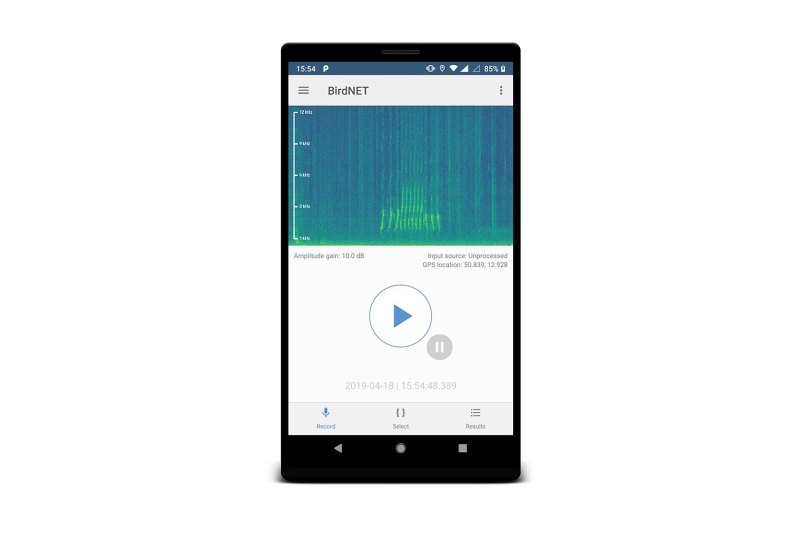
Without the proper schooling (i.e., a doctorate in ornithology), it’s difficult to identify many birds on sight alone. Their sounds, however, are quite unique. Backed by The Cornell Lab of Ornithology, the BirdNET nature app promises to be “the easiest way to identify birds by sound.”
Launch the app, and it immediately begins recording your surroundings using your phone’s microphone. You then highlight a snippet of audio — a bird call, a chirp, or a song — to tag it for identification. Using your phone’s GPS, BirdNET zeros in on your location and determines the bird that most likely made that sound. The app has cataloged about 3,000 of the most common bird species found in North America and Europe. So it’s likely to identify just about any species you come across.
PlantSnap Plant Identifier App
Free for iOs/Android

Plants can be even harder to identify than bird calls. PlantSnap makes deciphering leaves, bark, and buds a whole lot easier. The nature app claims to be the most accurate and comprehensive plant identification tool ever, with more than 600,000 species on file. That’s 90% of the plants, trees, mushrooms (poisonous or not), and cacti species on Earth, covering almost every species that most humans are likely to encounter.
Like most of the best nature apps, just snap a photo of the plant in question, and the app identifies it in 37 languages in seconds. A free version is available for iOS and Android, while the Premium version eliminates ads.
iNaturalist
Free for iOS / Android
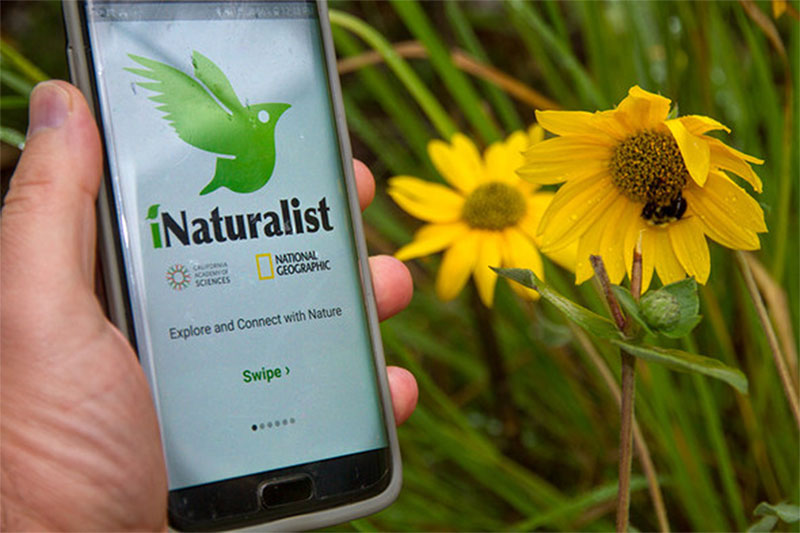
iNaturalist is a collaboration between the National Geographic Society and the California Academy of Sciences that wants to help citizen scientists (including you!) identify everything. The comprehensive nature app includes hundreds of thousands of animal and plant species in its database. Every user is also doing a bit of good for the scientific community. By submitting their photos and field notes to the project, users provided valuable crowdsourced information to help scientists track species around the world.
iNaturalist is a non-profit organization, so the app is 100% free for both Android and iOS. Plus, it works offline, with or without Wi-Fi or cell reception, making it a great option for hikers exploring the backcountry.
iTrack Wildlife
Paid for iOS / Android
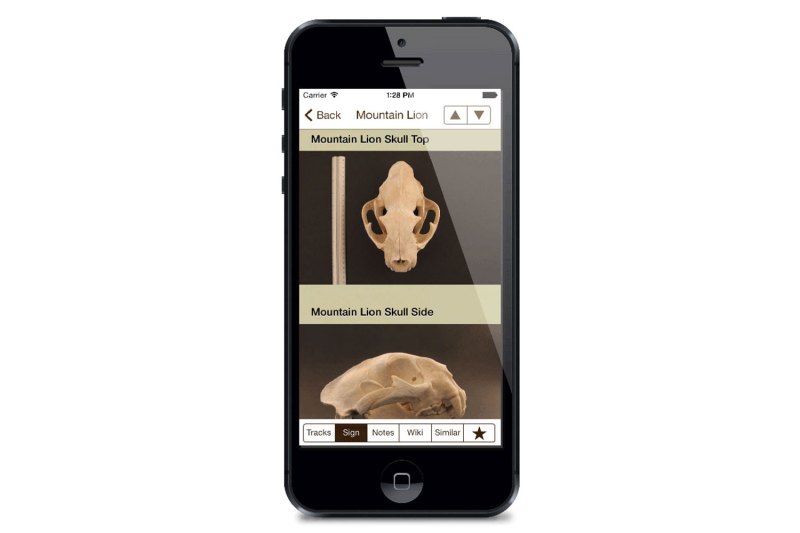
Of course, it’s hardest to identify wildlife you can’t actually see. In some cases, animal tracks may be the only evidence you have to identify them. iTrack Wildlife is a library of more than 800 high-res track photos, 138 track drawings, and 120 skull photos. A powerful search feature makes it easy to sift through them all. It’s pretty handy when you’re solo hiking miles from anywhere and need to know if there are bears (or mountain lines or wolverines) in the area!
By comparing track and gait information and other specific descriptions, the companion nature app helps users identify more than 70 common North American mammals. Sadly, there’s no longer a free version for iOS or Android. The $4.99 iTrack Basic app identifies the 40 most common mammals, while the premium iTrack Pro version provides access to the app’s full library for $14.99.
Google Lens
Free for iOS/Android
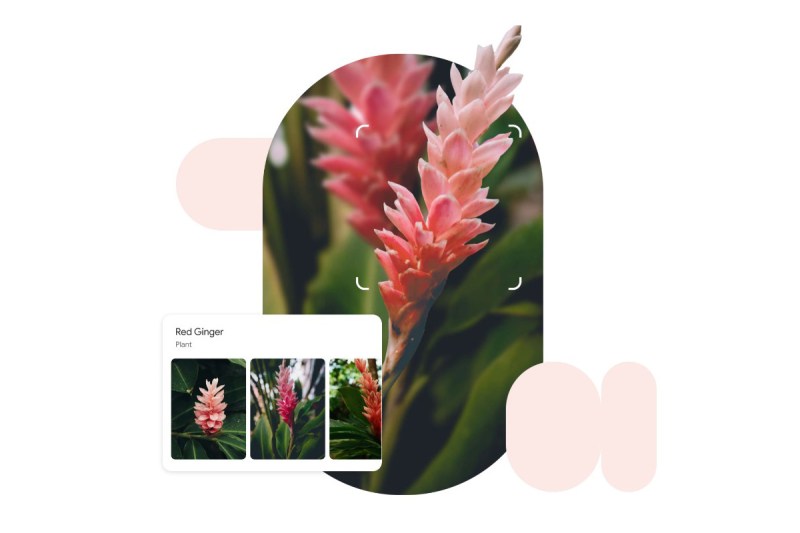
Google Lens describes itself as “a search engine for the real world.” It uses Google’s ultra-advanced AI recognition algorithm to identify objects in photos previously taken on your phone’s camera or seen through the camera’s live view. It’s easy to use and works astonishingly well on almost anything in the natural world, including animals, plants, and more. Plus, it has the added benefit of being able to translate text in 0ver 100 languages (from, say, a restaurant menu or instruction manual), look up bar codes by scanning them, and more.
The app is baked into Google’s Android operations system, so Android users already have it on their phones. iPhone users can get it for free by simply downloading the Google Photos app.



